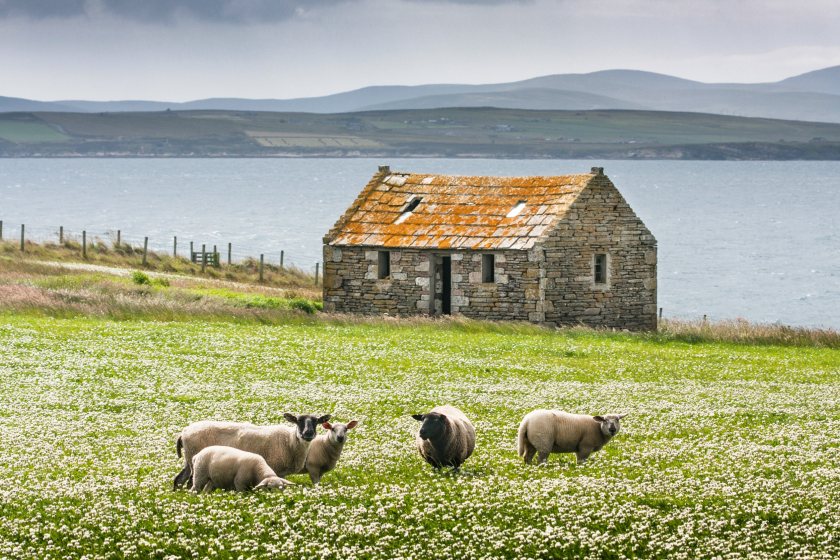
Scotland-only projects seeking to increase farming skills and enhance competitiveness in food production will share more than £300,000 in new grant support.
Projects being supported include a skills development programme for staff working with livestock in Loch Lomond and the Trossachs National Park.
Another will see a peer-to-peer, in-person and online course launch for crofters, focusing on vital skills to ensure crofting in Scotland continues.
The Scottish government's Knowledge Transfer and Innovation Fund (KTIF) aims to support projects that promote rural skills development or deliver improvements in farming practice.
Scotland's farming minister, Jim Fairlie said: “This fund supports the agriculture sector to realise the wealth of innovation and skills within it and find practical ways to share these on-farm improvements with the wider community.
"These seven projects will also help farmers and crofters access resources and develop skills in areas that build towards our targets to reach net zero and better manage resources.
“I extend my thanks to all who applied this year for their diverse and inspired proposals, and for their continued engagement with the scheme.”
What are the successful projects?
A total of seven projects have received a combined total of £300,000 from the Scottish government:
• Project 1: This seeks to improve the productivity and competitiveness of Scottish potato growers helping them become more productive and sustainable, while reducing their impact on the environment/biodiversity. This project will be located in Angus, Fife and East Lothian.
• Project 2: A skills development programme to support farm business staff improve their skills and knowledge in regenerative livestock systems. This project will be located across Scotland, and project events will take place within the Loch Lomond and the Trossachs National Park boundary.
• Project 3: A peer-to-peer, in-person and online course focusing on crofting skills. This project will be administered from Kyle of Lochalsh, and project events will take place in various locations throughout the crofting counties.
• Project 4: The project seeks to understand the irrigation practices of a group of potato growers and identify innovations that can support adaptation to a changing climate. This project will be located and delivered in the East of Scotland, mainly in Fife and Angus.
• Project 5: The project will help to explain the positive impacts on financial and environmental performance of Calving Interval and Age at First Calving to farm businesses. This project will be located in the Isle of Bute.
• Project 6: Aims to expand the Farm Resilience Programme to support an additional 80-100 harder to reach family farm businesses in four locations across Scotland.
• Project 7: This will highlight the value of a whole farm planning approach, promote its use and set clear objectives that make the most of available resources.
